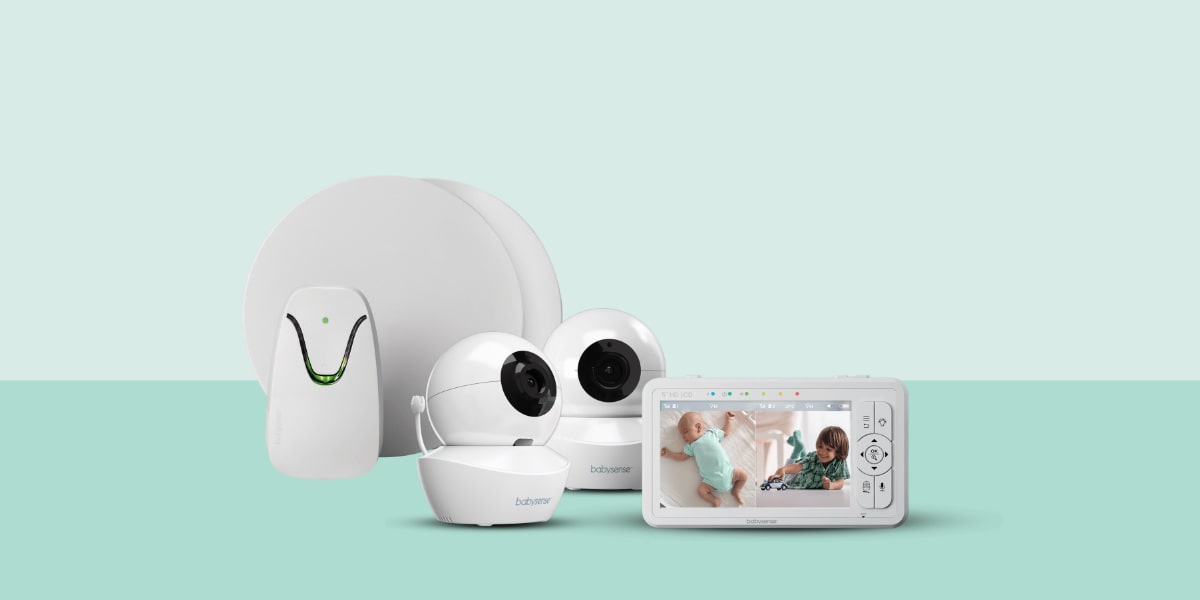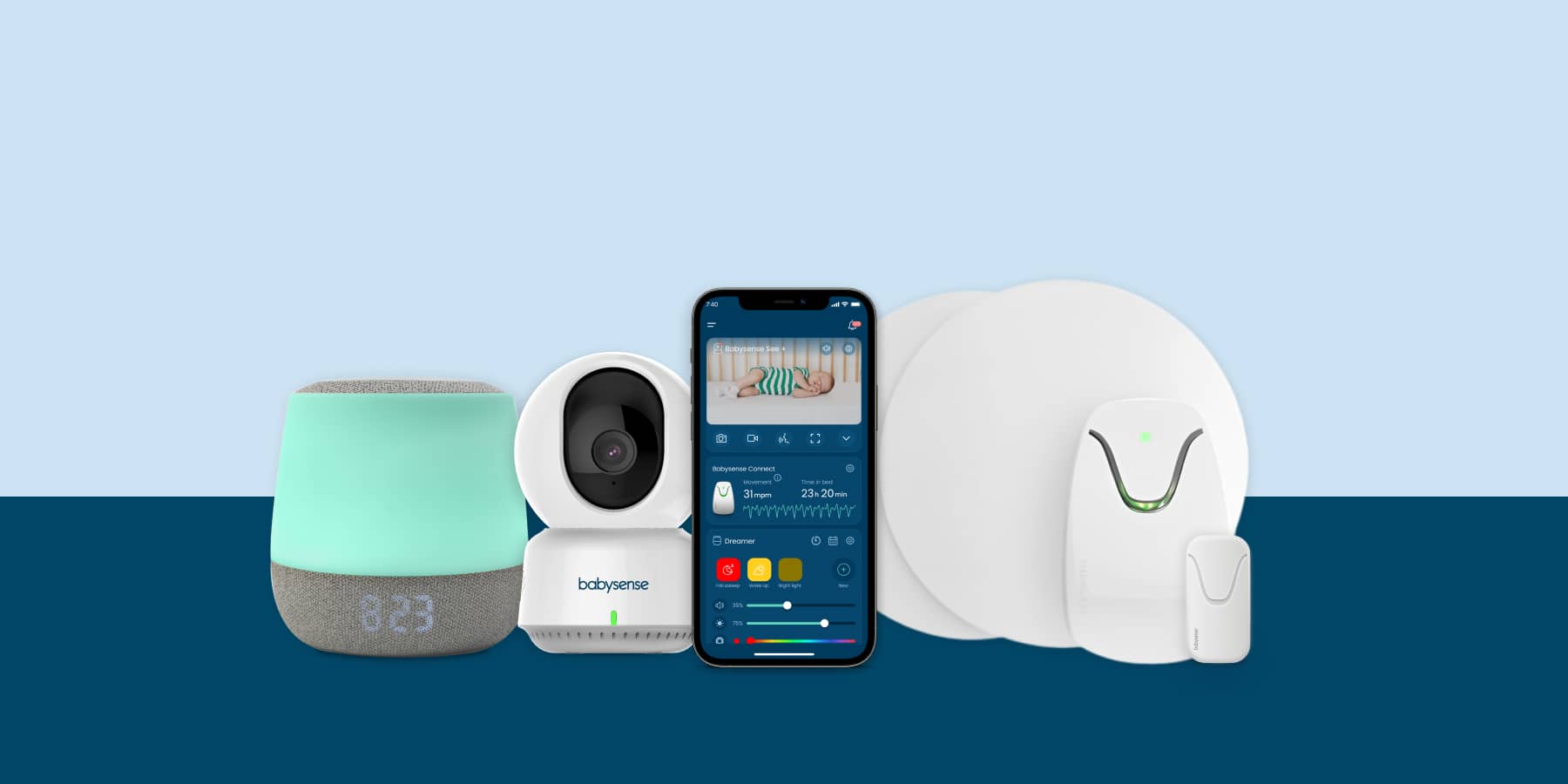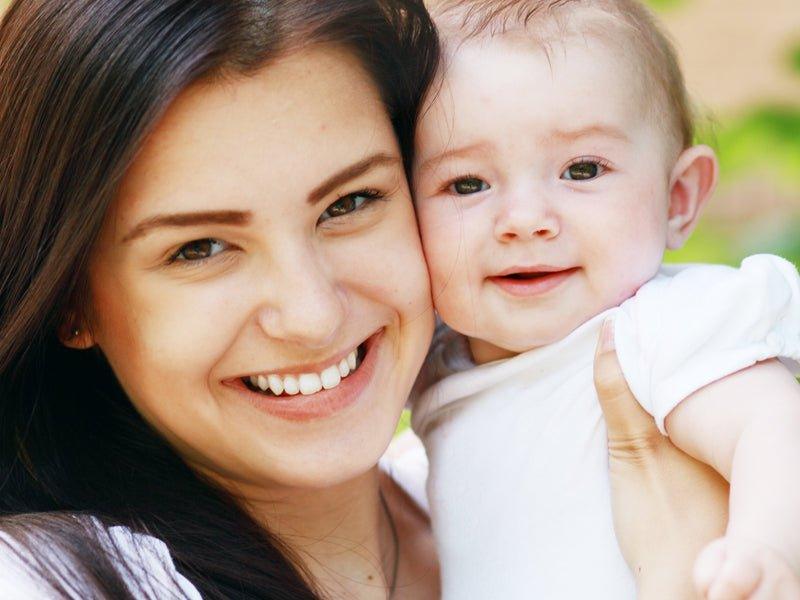When looking for reasons why your baby is waking at night, you need to also rule out separation anxiety.
Sleep is your very first separation from your baby and from day one, it creates anxiety for many mothers. For this reason, you may have chosen to have your baby in your room for the first few weeks, as hearing your little one’s fluttery breathes and new baby grunts reassured you that your baby was okay.
If we as adults suffer anxiety over separating from our babies for sleep times, it is understandable that at some stage in the first few years, your baby or toddler too will suffer some anxiety when separating from the person she depends on so completely.
Although normal separation anxiety starts from day one in parents, for babies, separation anxiety only raises its head after 6 months of age. The reason is that although your baby recognises you when she sees you from early on, she has no memory of you when you are not around. This is because the part of the brain that develops memory only develops later in the first year. Secondly your young baby has no concept of time and space, so whether you are gone for a second or a few hours, the separation is equally irrelevant for your newborn.
All this blissful ignorance disappears at around 6 to 8 months of age, when your baby develops object permanence. This is the concept that something exists when you can’t see it. At 5 months old, when a toy drops from your baby’s line of vision she won’t pursue it or look for it as it literally ceases to exist in her little mind. However usually by 8 months old, your baby will start to look for something when it drops or moves out of her vision. At this point, she has worked out that the object exists even if she’s not holding it, i.e. she has developed object permanence.
As this realisation dawns and memory develops, your baby will likewise begin to realise that when you leave her, you still exist. This does not please her as she by now has formed a strong attachment to you and may protest the separation and cry as you leave.
Separation anxiety affects sleep in different ways at different ages:
6 – 12 months During this period, your baby may wake during light sleep states to be reassured that you will return to her.- If you feel her wakings are due to separation anxiety; go to her and tell her gently to go back to sleep, give her a ‘doodoo’ blanky or a soft toy she is fond of and leave the room. You do not want to start a habit at this stage, such as feeding her to sleep or rocking her but you do want to respond to prove to her that you do return to her after a separation.
- During the day always say goodbye when you leave her, even just to have a shower and always greet her happily on your return, so that she learns that separations are accompanied by happy reunions.
- A sleep association toy or blanky is vital at this stage so that your baby transfers her need for comfort from you to a blanky such as the Baby Sense Taglet, which she can use independently when she wakes at night.
- Finally, manage this stage with lots of hugs and cuddles and bear with it - as with most challenges in the first year, this too will pass.
- Have a night light on in the room or passage so that she can see at night if she wakes.
- Limit television completely for three hours before bed as this has been linked to fears and increased nightmares.
- If your toddler won’t stay in bed you may have to put firm boundaries in place to encourage her to stay in bed such as sitting with her until she is asleepif she stays in bed and weaning this down to returning every five minutes until she is asleep if she stays in bed.
- Put a radio on softly in the room for background noise
- Put a mattress under your bed for you to pull out for her to sleep on, on those nights she wakes from a really bad nightmare.








